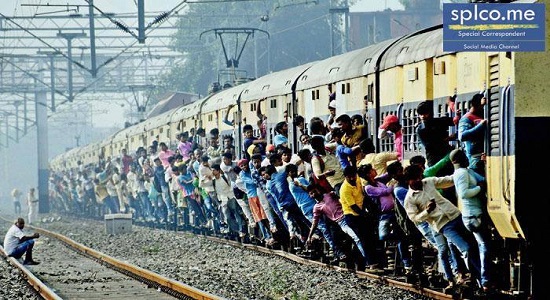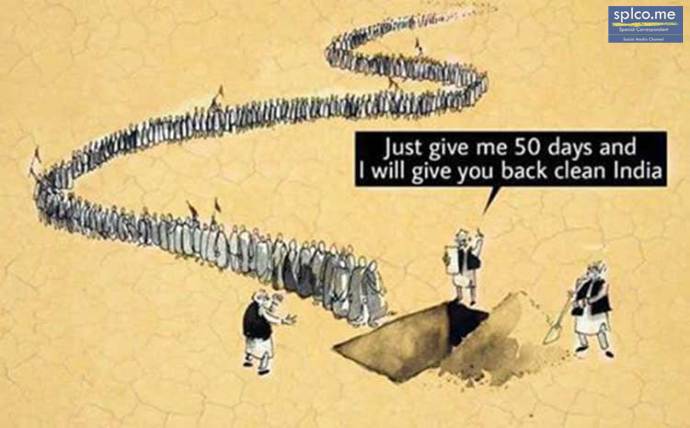Indian Railways is a state-owned national railway system of India. Operated by the Ministry of Railways, In fiscal 2015-2016, it carried 8.107 billion passengers (more than 22 million passengers per day), transported 1.101 billion tons of freight, and had 7,216 stations. Next to USA, China Indian Railways is the third largest railway network in the world by size, comprising 119,630 kilometres (74,330 mi) of total track . Forty-five percent of its routes are electrified,[5] using entirely 25 kV AC electric traction.

In a letter sent to chief secretaries last week, the Railway Board requested states to initiate or expedite the land-acquisition process so that “project activities” may continue.
“General Managers of Zonal Railways have also been empowered to review further investments where state support is not forthcoming and the projects have remained in limbo for a long period,” states the letter from Railway Board Additional Member (Works) Ajit Pandit.
In a stern signal to state governments, the Railways Ministry has decided to “review” further investment in new lines that have been stuck “for a long period” due to delay in land acquisition. According to a new policy move, the Railways will start manual work and tendering of contracts only after the entire parcel of land needed for the project has been acquired.
The decision is aimed at preventing future delays and associated cost overruns due to land not being available on time, sources said.
The new policy also allows general managers to obtain written assurances from state governments that land acquisition will be done within a reasonable timeframe if zonal authorities feel that initiating the tendering process, etc., is feasible within the project’s timeline.
The Railways is currently involved in projects worth over Rs 4 lakh crore, including 171 projects on new lines, most of which would require land acquisition doubling of lines and gauge conversion projects is mostly done on Railway land.
State governments play a crucial role in acquiring land for new lines, many of which are launched following requests from states, MPs and MLAs.
The Railway Board letter points to a number of projects where considerable investments have been made but returns are not forthcoming due to land-acquisition problems”.
There are joint ventures in which states give land as part of their equity. Then, there are regular new-line projects for which land needs to be acquired in states. This policy is to make sure that the land acquisition process does not hold up progress in projects,” said a senior ministry official.














